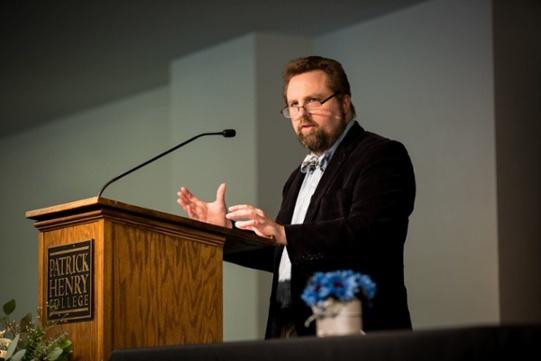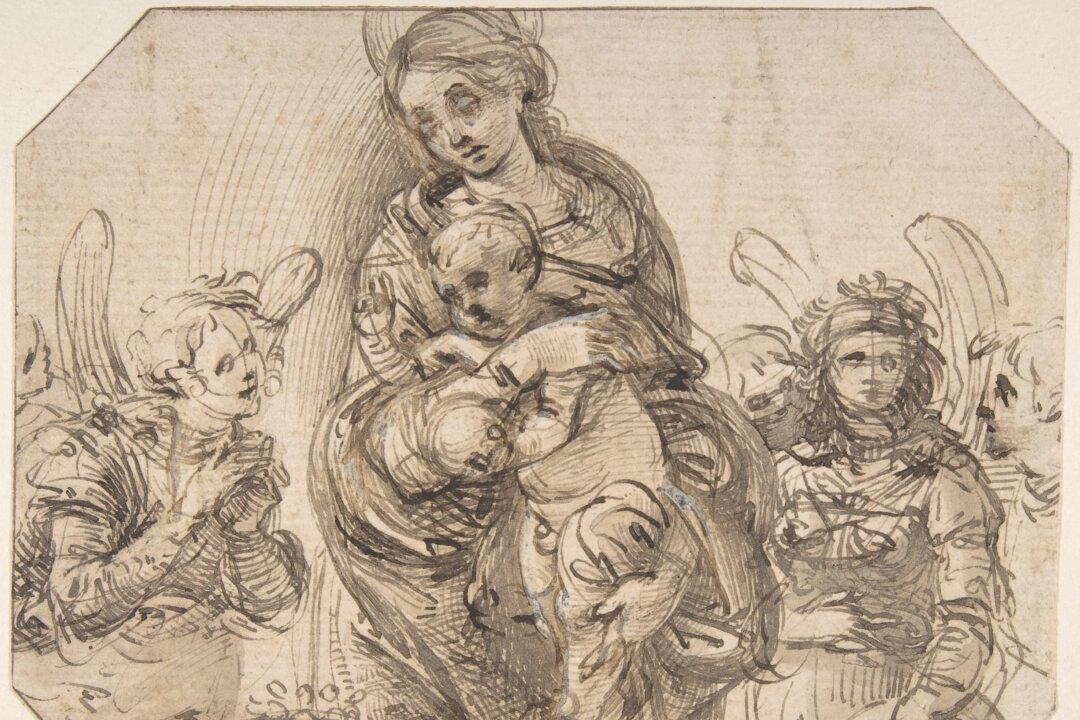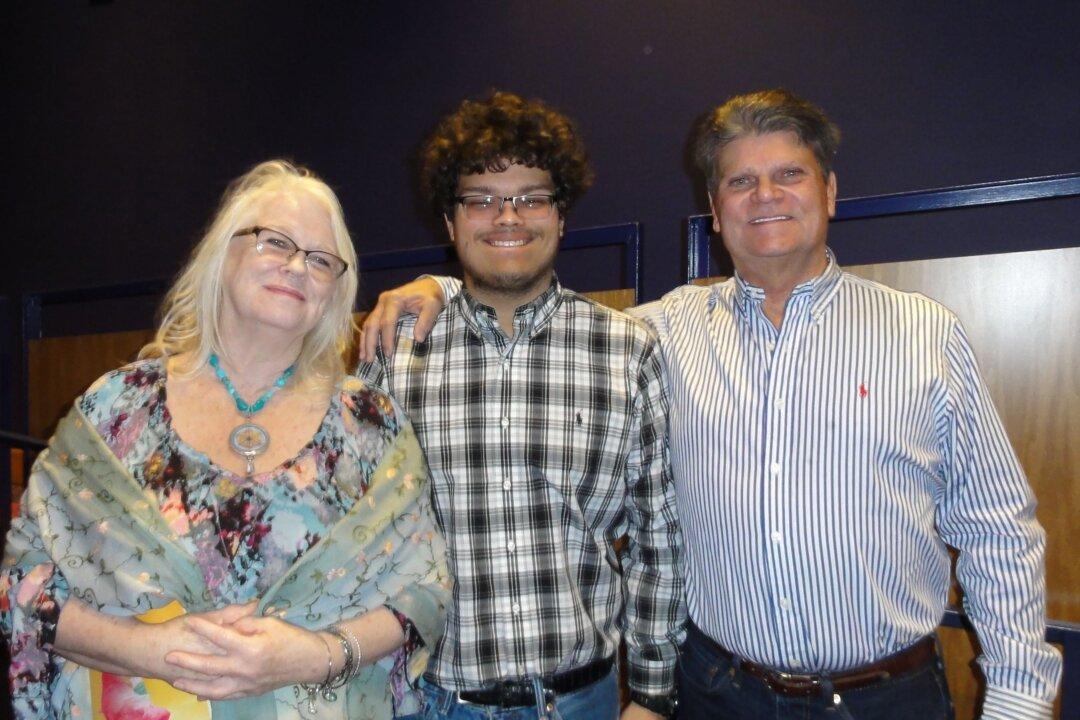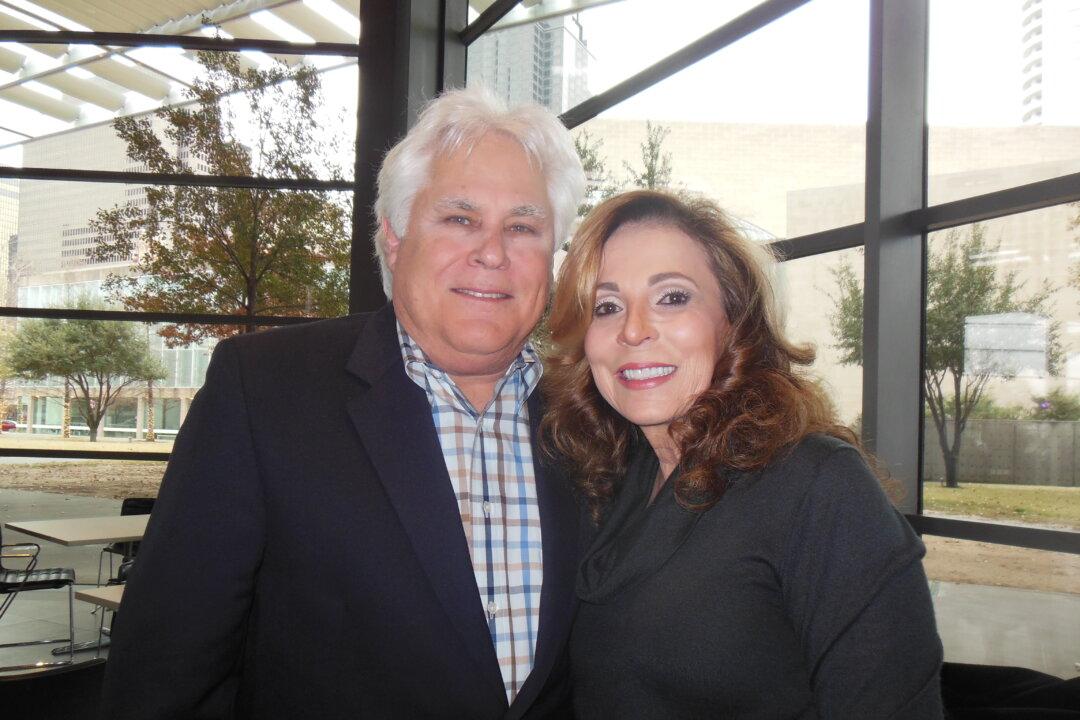In his new book, “Beauty Matters: Creating a High Aesthetic in School Culture,” Stephen Turley details the nature of beauty in some of the clearest and most definitive terms you will find.
Turley sets a plan for how to incorporate beauty’s characteristics into the classroom, he said in an interview with The Epoch Times. Through his years as a teacher in classical education and as a professor of theology, he sensed that the understanding of and appreciation of beauty has been neglected. In his book, he hopes to reveal the importance of beauty in shaping students and society at large.





